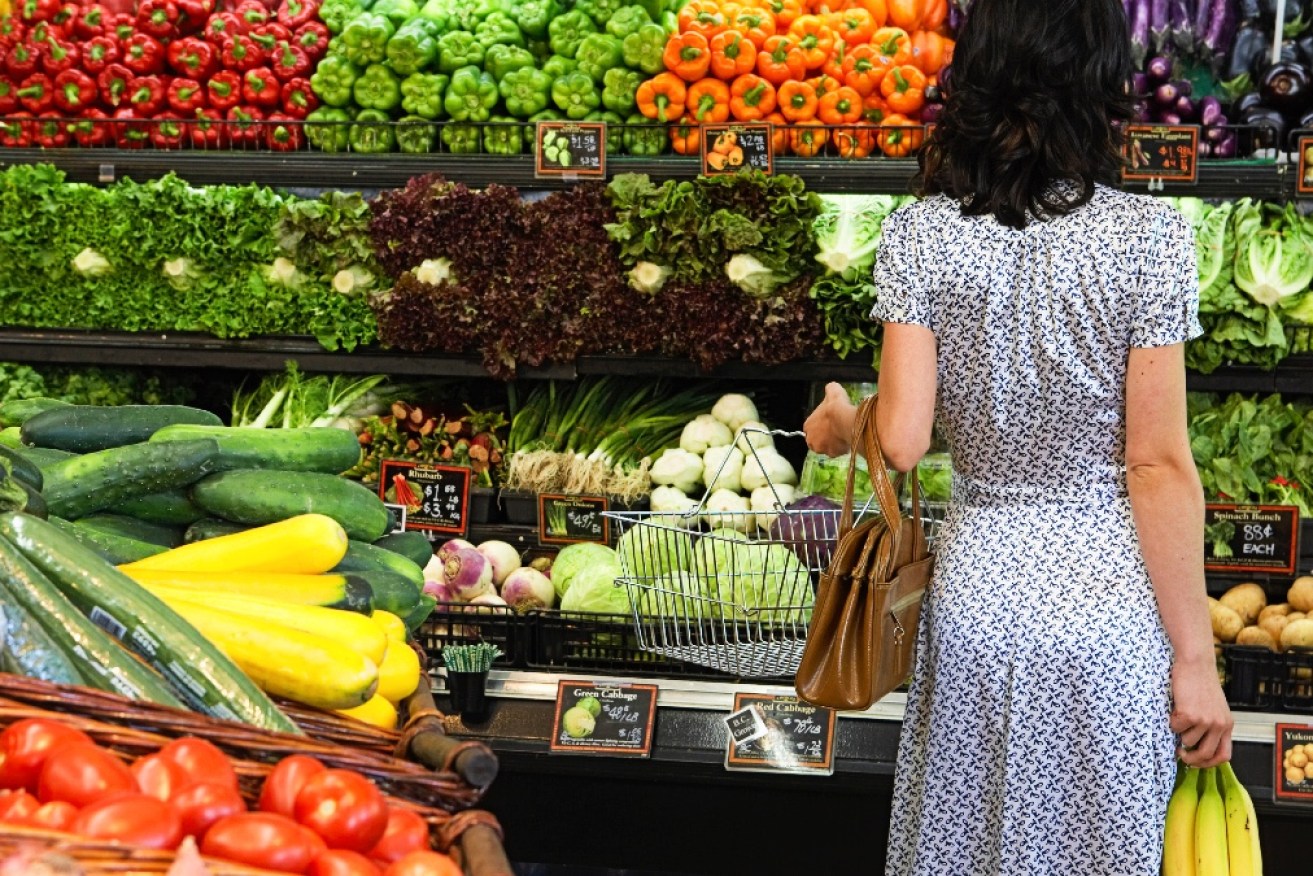Inflation slows ahead of crunch interest rates decision


Inflation has moderated to 6.8 per cent in the 12 months to February, down from 7.4 per cent in January. Photo: Getty
Consumer prices rose 6.8 per cent in the 12 months to February, a surprise drop on the 7.4 per cent annual growth recorded in January.
Another decline in inflation in the Australian Bureau of Statistics’ monthly consumer price index had been anticipated after a sharper-than-expected fall from the strong December result.
But consensus expectations were for a 7.2 per cent rise in the year to February. The February data, released on Wednesday morning, fell well short of that.
“This marks the second consecutive month of lower annual inflation, also known as ‘disinflation’, from the peak of 8.4 per cent in December 2022,” ABS head of prices statistics Michelle Marquardt said.
The indicator, which measures the change in the price of a basket of goods and services consumed by households, was flagged by the Reserve Bank as a key piece of economic data to absorb ahead of the April cash rate decision.
The ABS said the most significant contributors to the annual increase in prices were housing (up 9.9 per cent), food and non-alcoholic beverages (up 8.0 per cent), transport (up 5.6 per cent) and recreation and culture (up 6.4 per cent).
However, the level of price increases in most of those categories had eased since the previous month.
But, while cost-of-living rises are moderating, inflation remains very high and well above the RBA’s target range of 2-3 per cent.
The central bank has given itself room to pause or hike again depending on incoming data flows.
Retail trade, another important source of data for the RBA, came in weak in line with expectations on Tuesday. Figures published by the Australian Bureau of Statistics showed annual spending growth fell from 7.5 per cent to 6.4 per cent in February, in line with forecasts.
In monthly terms, sales rose 0.2 per cent to $35.1 billion – the same levels seen last September.
Economists said the figures – the first clear look at the trajectory of the retail industry after seasonally affected December and January data – showed a spending slowdown was underway.
But experts disagreed about whether the magnitude of that belt-tightening among families was enough to push the RBA to pause mortgage bill hikes in April, despite 10 previous increases.
Ahead of Wednesday’s CPI figures, BIS Oxford head of macro-economic forecasting Sean Langcake said inflation was still far too high, while a 0.5 per cent lift in spending at cafes, restaurants and on takeaway food services in February would worry central bank bosses.
That’s because it’s a sign that services spending remained robust amid fears that higher wages growth and persistently low unemployment would combine to make it harder to reduce inflation.
“It’s still the case that inflation is really high, and a few weeks ago they said they saw themselves needing to do a bit more,” Mr Langcake said.
“I’ll be pretty surprised if it’s a pause [in April].”
A robust employment report and signs of resilience in the business community also suggest there’s still momentum in the economy.
– with AAP








